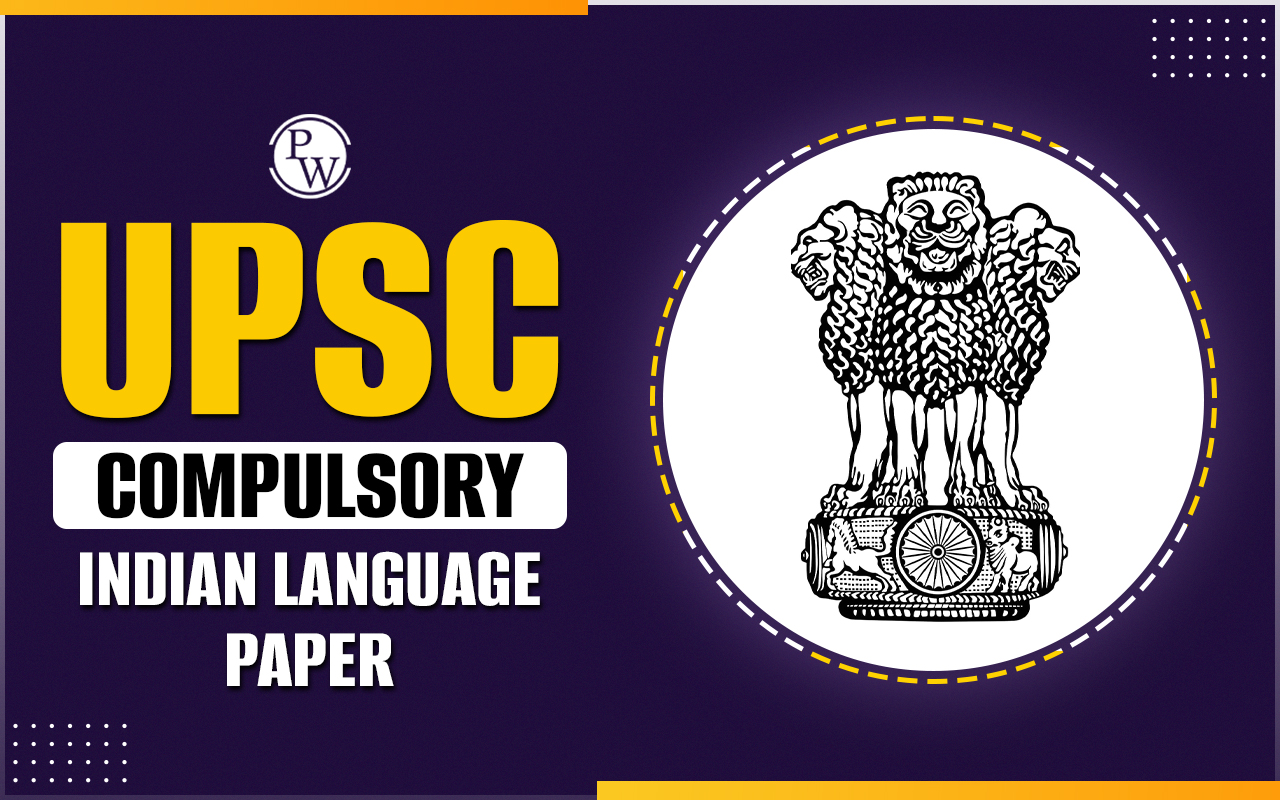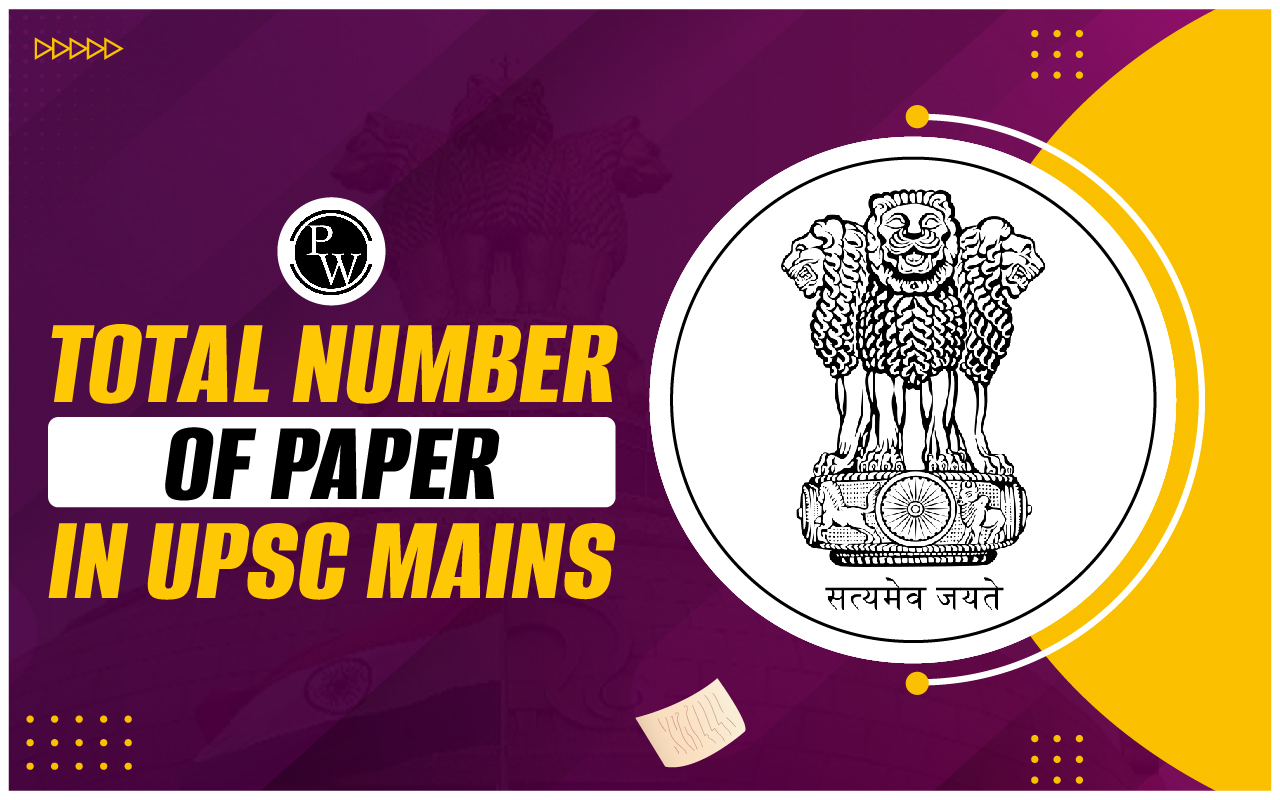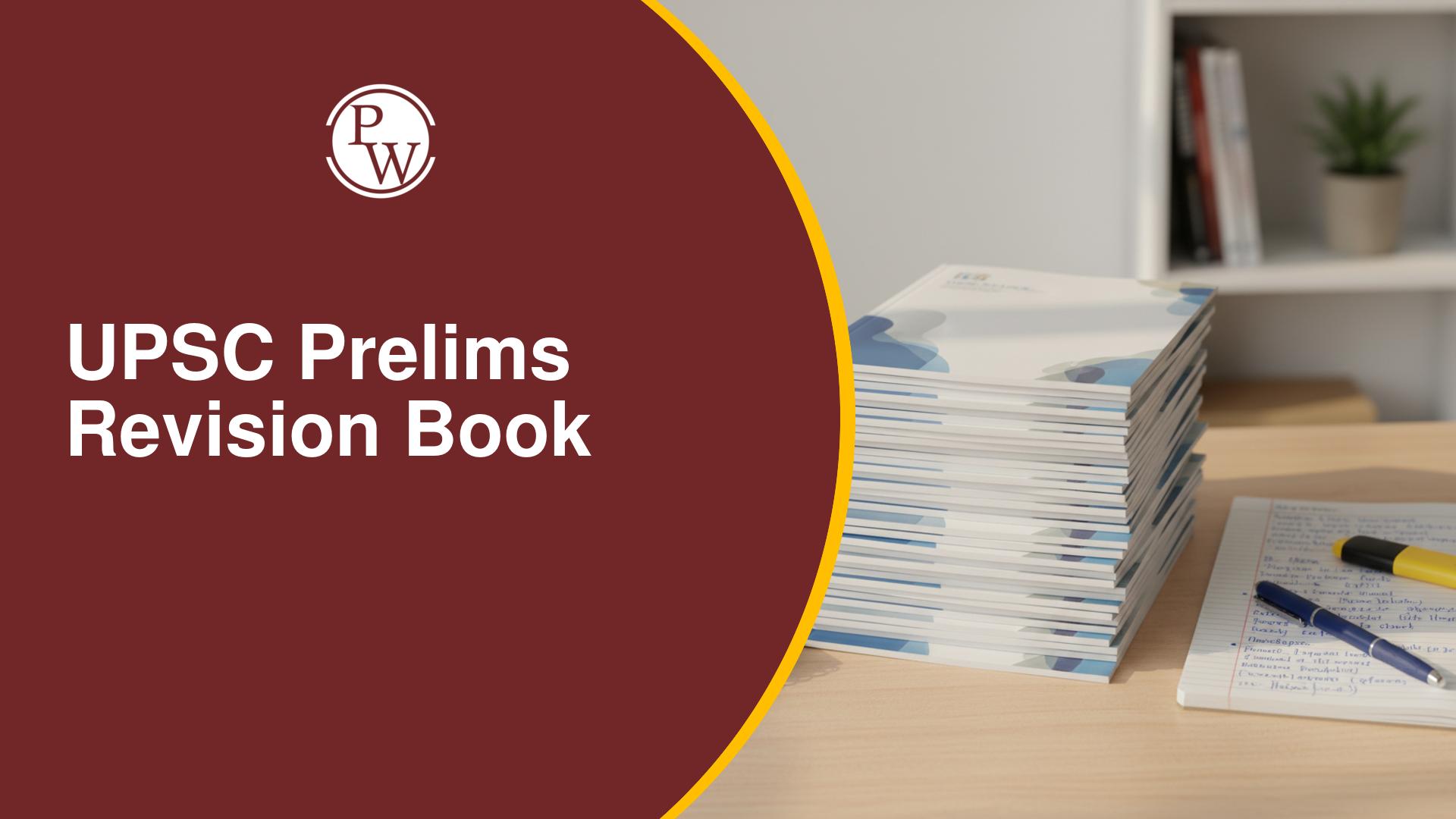
The UPSC Prelims Science and Technology Syllabus 2025 is a critical part of the exam for all UPSC aspirants. It covers basic concepts in Physics, Chemistry, Biology, and Environmental Science. Science and Technology Syllabus for IAS Prelims includes topics such as electromagnetic waves, modern physics, organic chemistry, genetics, biotechnology, and environmental issues like pollution and climate change. In addition, recent advancements in science and technology are also part of the UPSC Prelims Science and Technology Syllabus 2025. Keep reading to know the complete syllabus of Science and Technology for UPSC Prelims.
UPSC Prelims Science and Technology Syllabus 2025 - Overview
The UPSC Prelims 2025 Science and Technology syllabus consists of various segments that aspirants must focus on. An overview of the UPSC Prelims Science and Technology Syllabus for GS Paper 1 is:- Fundamental Concepts: Covers basic principles of physics, chemistry, and biology, and their applications in everyday life and advanced technologies.
- Physics: Basic themes up to class 10th level along with their applications.
- Chemistry: Focus on organic, inorganic, and physical chemistry principles, chemical reactions, and their role in industries and environmental issues.
- Biology: Cell biology, genetics, ecology, evolution, and their significance in health, agriculture, and conservation efforts.
- Environmental Science: Concepts related to ecology, biodiversity, climate change, pollution control, and sustainable development.
- Information Technology: Basics of Information Technology, cybersecurity, emerging technologies, and Technologies in News.
- Space Technology: Understanding satellite communication, remote sensing, space exploration missions, and their societal impacts.
- Emerging Technologies: Artificial intelligence, biotechnology, nanotechnology, robotics, and their applications in various fields like healthcare, agriculture, and industry.
UPSC Prelims Science and Technology Syllabus 2025 PDF
The UPSC Prelims Science and Technology Syllabus is an essential component of the General Studies Paper I, designed to evaluate a candidate's understanding of scientific advancements, technological developments, and their applications in everyday life. For aspirants preparing for the 2025 Civil Services Examination mastering the topics outlined in this syllabus is crucial to performing well in the exam. This section covers a wide array of subjects, including environmental science, biotechnology, space technology, and innovations in various fields. Here, you can download the official UPSC Prelims Science and Technology Syllabus PDF for 2025 to aid in your focused preparation:
Topic Wise UPSC Prelims Science and Technology Syllabus 2025
The UPSC Prelims Science and Technology Syllabus for 2025 is vast, but with the right approach, it is definitely manageable. Ensure to cover the detailed UPSC Science and Technology Syllabus 2025 as follows:| Topic | Subtopics |
| 1. Achievements of India in Science and Technology |
|
| 2. Information and Communication Technology |
|
| 3. Space Technology |
|
| 4. Nanotechnology |
|
| 5. Biotechnology |
|
| 6. Defense Technology |
|
| 7. Nuclear Technology |
|
| 8. Emerging Technologies |
|
| 9. Clean Technology |
|
| 10. Intellectual Property Rights |
|
| 11. Basic Concepts of Physics |
|
| 12. Basic Concepts of Chemistry |
|
| 13. Basic Concepts of Biology |
|
Important Books for UPSC Prelims Science and Technology Syllabus 2025
Preparation for Science and Technology requires a mix of conceptual clarity and awareness of recent developments. Here is the list of important books for covering the UPSC Prelims Science and Technology Syllabus:- Science (Physics, Chemistry, and Biology) NCERT books for Class IX, X, XI, XII
- Science & Technology for Civil Services Exams (Ravi P Agrahari- TMH Publications)
- UPSC UDAAN Science and Technology Book
- PW ONLYIAS UPSC Wallah Science and Technology Book
- UPSC Prelims PYQ Solved book
- Prahaar booklets for UPSC Mains Current Affairs
Preparation Tips for UPSC Prelims Science and Technology Syllabus
Here is how to prepare UPSC Prelims Science and Technology Syllabus topics:
- Focus on NCERTs: Start with the NCERTs for classes 9th to 12th in Physics, Chemistry, and Biology. These books cover the basic concepts and provide a solid foundation for the exam.
- Stay Updated with Current Affairs: Since the syllabus includes recent advancements in science and technology, regularly read newspapers and journals related to science and technology, such as The Hindu, Yojana, and Science Reporter.
- Understand the Basics: Ensure you have a clear understanding of fundamental concepts in Physics, Chemistry, Biology, and Environmental Science, as these form the core of the syllabus.
- Refer to Standard Books: Besides NCERTs, refer to PW ONLYIAS UPSC Wallah Science and Technology book for deeper understanding.
- Revise Regularly: The vastness of the syllabus can be overwhelming, so regular revision is essential to retain what you’ve learned. Make concise notes and review them periodically.
- Practice Previous Year Papers: Solving UPSC Prelims Science and Technology questions from previous years will help you understand the exam pattern, important topics, and level of difficulty.
Struggling in science and technology for UPSC preparation? Check out PW UPSC Courses for guidance, study materials, and mock tests!
| UPSC Related Articles | ||
| UPSC Prelims Questions | NCERT for UPSC Exam 2025 | UPSC IFoS Study Material |
| UPSC Mains Exam Pattern | UPSC Prelims Polity Syllabus | UPSC Result |
UPSC Prelims Science and Technology Syllabus FAQs
Does science and technology come in UPSC Prelims?
What is the syllabus of Science and Technology in UPSC?
How important is the Science and Technology section in the UPSC Prelims?
How to cover science and technology for prelims?
How much time should I dedicate to Science and Technology for UPSC preparation?









